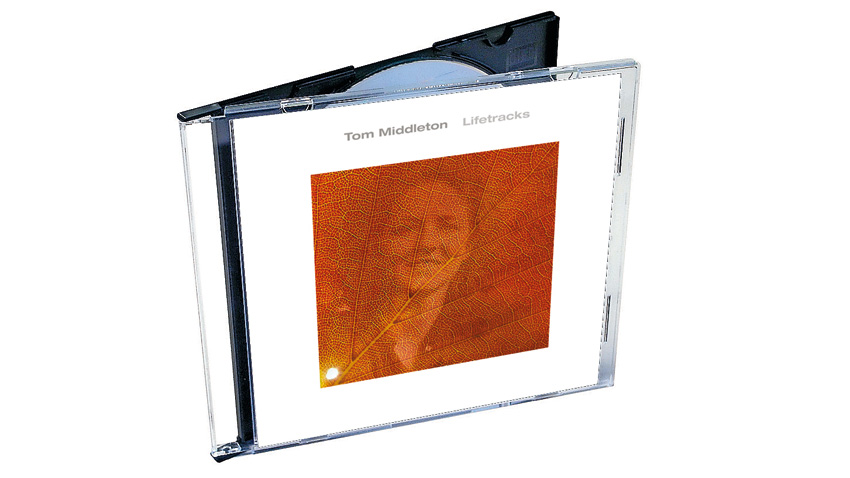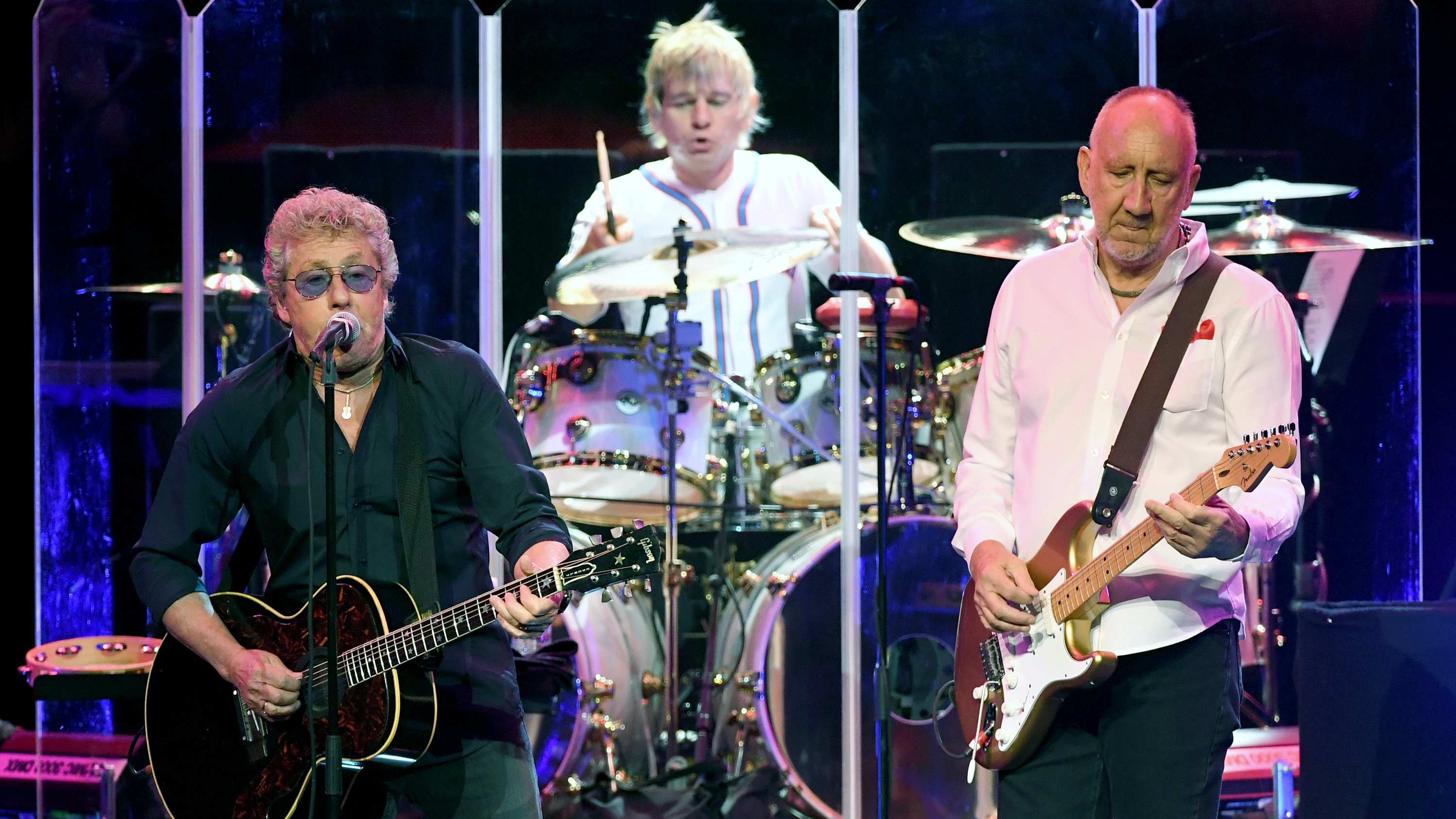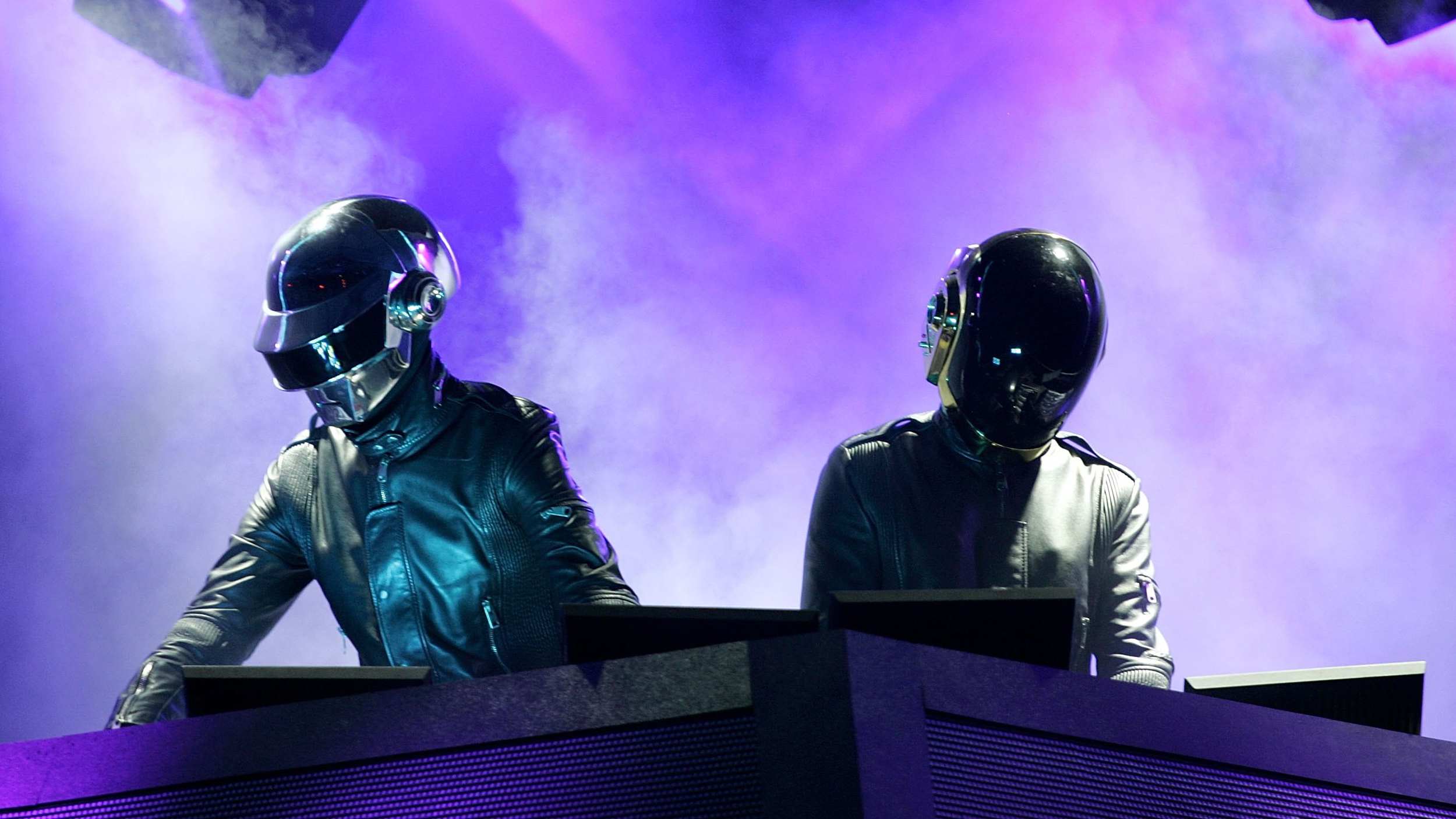Tom Middleton’s new wellness album is designed to reduce your anxiety and help you sleep
Your World Sleep Day soundtrack is here

Being told by someone that your music sent them to sleep might feel like a pretty harsh critique, but if you’re Tom Middleton, it could be exactly what you want to hear.
The producer’s new album, Spatial Sleep Music - released, appropriately enough, on World Sleep Day - is a 15-track spatial audio soundtrack that’s designed to reduce anxiety and help you get better sleep.
It was created in partnership with Paul Oomen from the Spatial Sound Institute “to help unpack and leverage the neuroscience around spatial audio for anxiety reduction”.

We’re told that the album uses the psychoacoustic phenomenon of ‘presence’ to focus the listener’s awareness, and is designed to “create a sense of familiarity, comfort and safety before slowly transporting them on an imaginary journey”.
Spatial Sleep Music also features classical pianist Christina McMaster, harpist Ruby Aspinal, cellist Susie Blankfield and guitarist Andrew Sherriff, who lend their instrumental and vocal talents. It’s said to be best experienced using Apple’s AirPod Max or AirPod Pro headphones, or a Dolby Atmos soundbar.
“This album was born from a moving conversation about transforming human suffering, which so many are experiencing, and can be caused by anxiety and sleep loss,” Tom Middleton explains. “I want to create a world-first spatial audio experience with this album to help reduce anxiety connected to sleep loss.
“For the last decade I have been on a mission to help people sleep better with science based wellness music. Sleep is the foundational pillar of health and wellbeing. Anxiety is a key cause for poor and disrupted sleep and I wanted to investigate the potential for spatial audio to reduce anxiety”.
Get the MusicRadar Newsletter
Want all the hottest music and gear news, reviews, deals, features and more, direct to your inbox? Sign up here.
Having previously recorded and toured as an electronic music artist, Middleton trained in sleep science coaching and mental health first aid after suffering from burnout and sleep disorders. Since then, he’s set up Studio Tom Middleton, a ‘sensory design and wellness innovation lab’.
Following the release of Spatial Sleep Music, Middleton and his collaborators are also planning an experimental studio event that will see them marrying spatial sound to ‘felt’ sound. This will be achieved using Sensate, a palm-sized device “that emits infrasonic vibrations to interact with autonomic processes via the parasympathetic pathway”.



I’m the Deputy Editor of MusicRadar, having worked on the site since its launch in 2007. I previously spent eight years working on our sister magazine, Computer Music. I’ve been playing the piano, gigging in bands and failing to finish tracks at home for more than 30 years, 24 of which I’ve also spent writing about music and the ever-changing technology used to make it.
"At first the tension was unbelievable. Johnny was really cold, Dee Dee was OK but Joey was a sweetheart": The story of the Ramones' recording of Baby I Love You
"Reggae is more freeform than the blues. But more important, reggae is for everyone": Bob Marley and the Wailers' Catch a Fire, track-by-track









